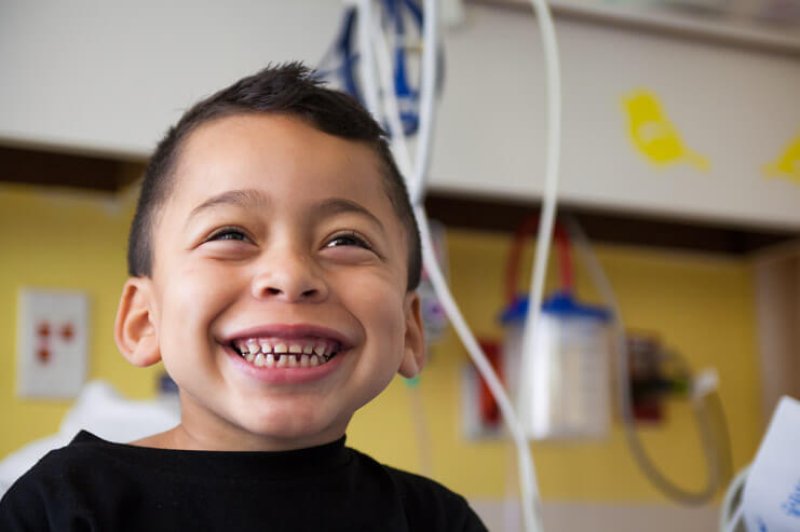A therapy that edits genes directly in the human body might be safe, suggest early findings from the first trial to test the approach.
Researchers from Sangamo Therapeutics in Richmond, California, designed enzymes to correct an error in the genome of people with a rare genetic disease called Hunter syndrome, who cannot break down some complex sugars. The scientists used a virus to deliver these gene-editing enzymes into the cells of patients.
…
Hunter syndrome is caused by mutations that disable an enzyme called iduronate-2-sulfatase (IDS), which is responsible for breaking down certain complex sugars in the body. When those sugars accumulate, they can damage organs including the lungs, heart and brain.
…
The Sangamo team looked for ways to permanently replace the enzyme. The company designed gene-editing enzymes called zinc finger nucleases to insert a healthy version of the gene into a region of the genome deemed to be safe. The researchers then used a virus to shuttle DNA that encodes the nuclease, and the healthy IDS gene into liver cells, where IDS is normally produced.
…
Two of the people in the Sangamo trial showed a decrease in urine levels of the sugars that IDS breaks down. The other two, who received a lower dose, saw no change. No patient report any serious adverse events linked to the therapy.
Read full, original post: First test of in-body gene editing shows promise































